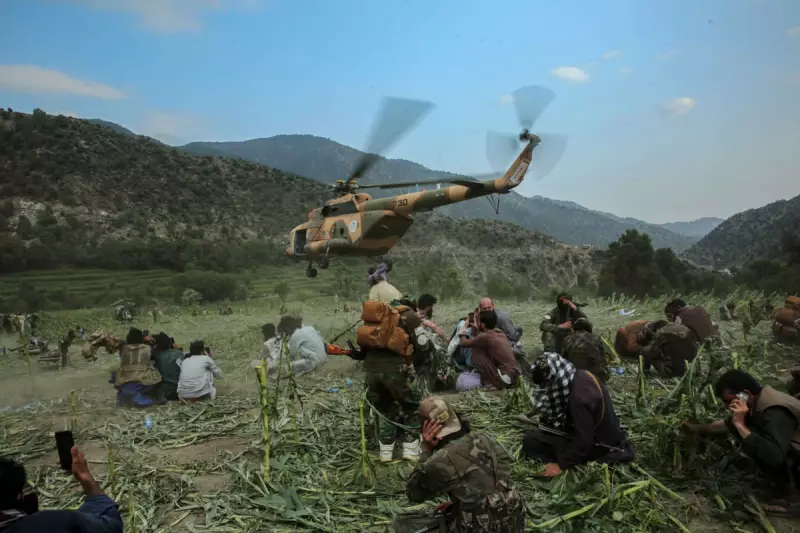
A powerful earthquake has struck eastern Afghanistan, causing significant destruction and prompting a rare appeal for international assistance from the country's Taliban leadership.
The 6.1 magnitude tremor, centred near the city of Herat, has devastated vulnerable rural communities already struggling with poverty and ongoing humanitarian crises. Local authorities report entire villages have been reduced to rubble, with rescue teams working desperately against time to find survivors buried beneath collapsed buildings.
Desperate Search for Survivors
Emergency services and volunteers are combing through destroyed homes and structures in a race against the clock. The difficult terrain and limited infrastructure in the affected regions are hampering rescue efforts, with many areas remaining inaccessible to heavy machinery and professional teams.
Casualty figures continue to rise as information trickles in from remote mountain villages. Hospitals in the region are reportedly overwhelmed with casualties, with medical supplies running dangerously low.
Taliban's Unusual Appeal for Help
In an unusual move, the Taliban administration has formally requested international assistance, highlighting the scale of the disaster. The Islamist group, which has faced widespread isolation since returning to power in 2021, has historically been reluctant to seek foreign help.
The appeal underscores the severity of the situation, with officials acknowledging that local resources are completely overwhelmed by the scale of destruction. Afghanistan's emergency services lack the equipment and training to handle disasters of this magnitude.
Regional Seismic Activity
The earthquake occurred in a region prone to seismic activity, where the Indian and Eurasian tectonic plates collide. Afghanistan's mountainous terrain and poor building standards make earthquakes particularly deadly, with structures often unable to withstand significant tremors.
This latest disaster echoes previous devastating quakes in the country, including a 2015 event that killed hundreds in the northeast. The combination of poverty, conflict, and natural disasters has made Afghanistan one of the world's most vulnerable nations to humanitarian crises.
International aid organizations are now mobilizing response teams, though access remains complicated by both geographical challenges and political considerations. The coming hours will be critical for rescue efforts as the window for finding survivors gradually closes.





